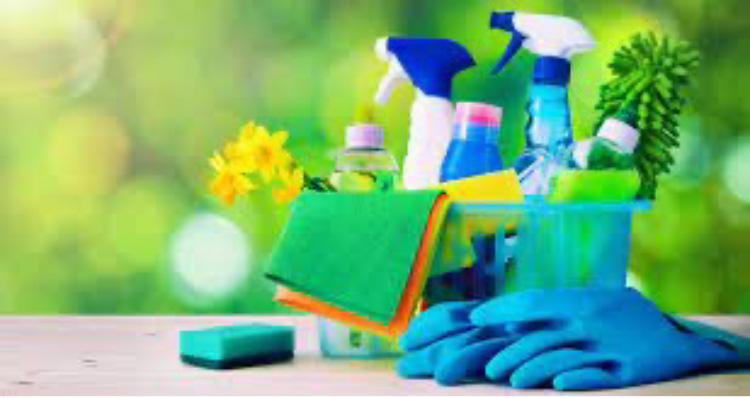
Why you should never clean a collectible coin:
Clearing a coin refers to the practice of cleaning or polishing a coin to make it look shiny and new. While this might seem like a good idea, there are several reasons why you should never clear a coin.
- Damage: Cleaning a coin can cause damage to its surface, particularly if the wrong methods or chemicals are used. Scratches, nicks, and other forms of damage can lower the value of a coin and make it less desirable to collectors.
- Alteration: Clearing a coin alters its original surface and can make it appear different from its natural state. Collectors value coins that are in their original condition, and any alteration to the surface can affect the coin’s authenticity and value.
- Tarnishing: Clearing a coin can actually cause it to tarnish more quickly over time. Coins are made of various metals, and some metals can react with chemicals and air, causing discoloration and tarnishing. Clearing a coin removes the natural patina that has developed over time and can expose the metal to further tarnishing.
- Historical value: Coins are not just valuable for their monetary worth, but also for their historical and cultural significance. By clearing a coin, you are potentially damaging or destroying an important piece of history, which is something that many collectors consider to be unethical.
If a coin is cleaned most grading companies will not grade it. At best, they will mark it as cleaned and give an approximate details note. Cleaned AU details is an example.
If a coin has been harshly cleaned, its value can be significantly reduced, sometimes up to 50% or more. The reason for this is that harsh cleaning can cause damage to the surface of the coin, remove its natural patina, and alter its original appearance, all of which can negatively affect the coin’s value and authenticity. Additionally, harsh cleaning can often leave behind scratches, hairlines, or other marks on the surface of the coin, which can further lower its grade and value. It’s generally best to avoid cleaning coins unless absolutely necessary and to have any cleaning done by a professional who uses safe and gentle methods.
While there may be some exceptions, such as if the coin was cleaned professionally using safe and reversible methods, in general, collectors prefer coins with their original surface intact, even if it shows some signs of age and wear. So, it is best to avoid cleaning a coin unless it is absolutely necessary, and to always consult with a professional before attempting to clean it yourself. In conclusion, clearing a coin can be tempting, but it is a practice that should be avoided. By keeping a coin in its original state and avoiding any attempts to alter or clean it, collectors can preserve its authenticity and historical significance, and potentially increase its value over time. Cleaning it yourself will definitely decrease its value and desirability.
If you need help identifying the value of a coin Click Here for a free evaluation.


